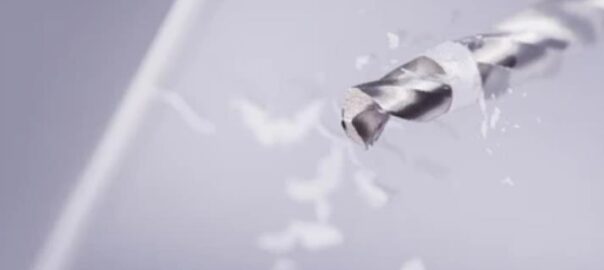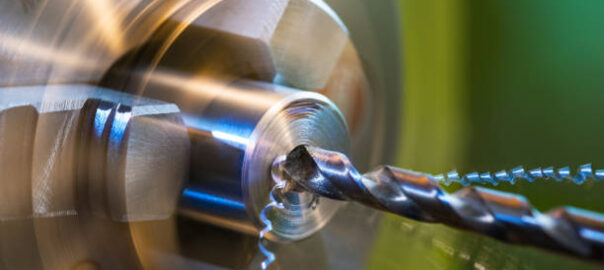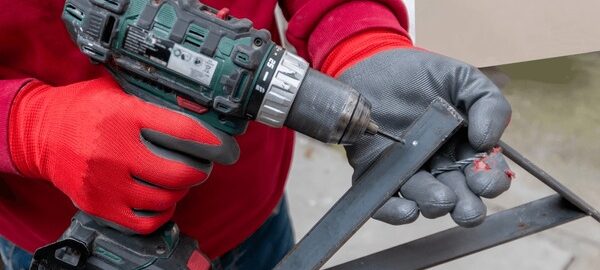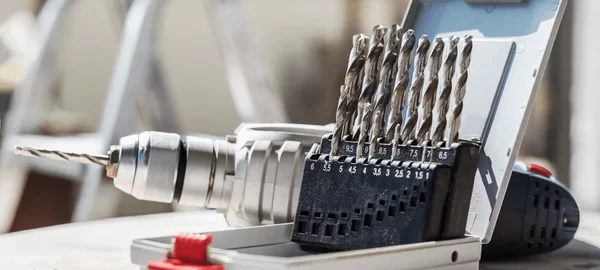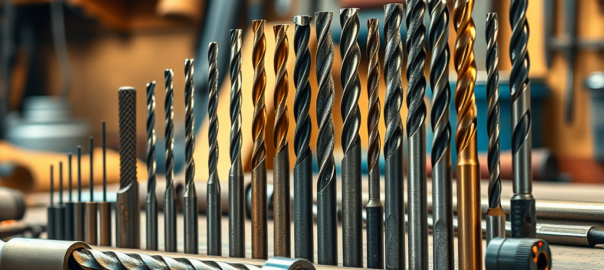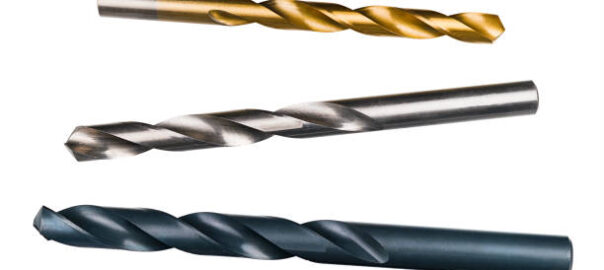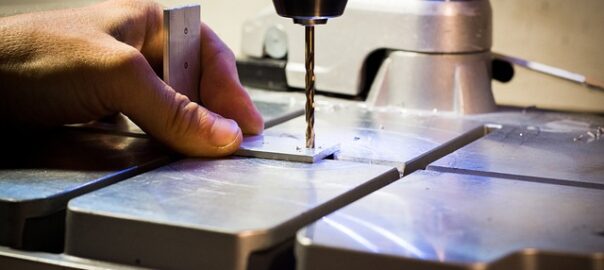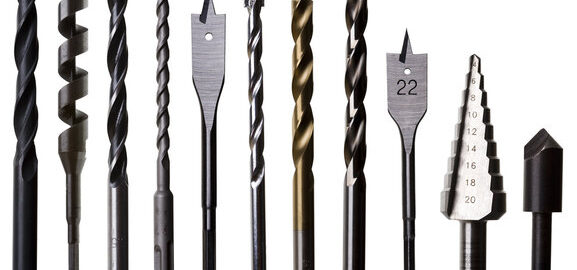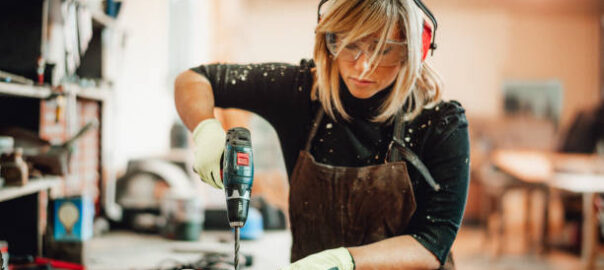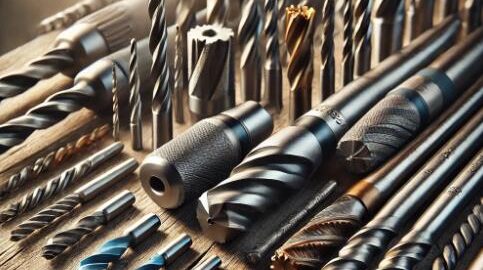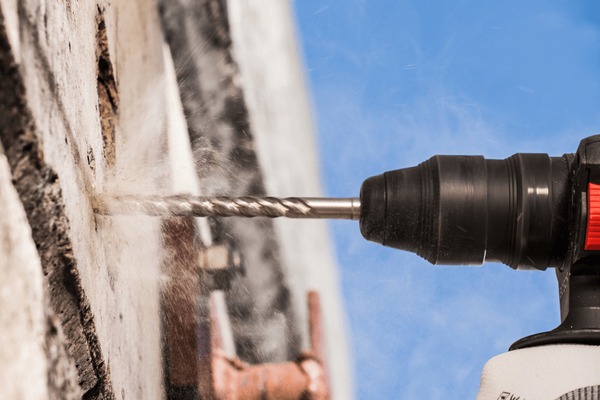
Drilling into concrete, brick, or stone is much different than drilling into wood or metal. Standard drill bits won’t cut it—literally. Masonry materials are dense and tough, requiring specialized drill bits and the right drilling techniques to get the job done efficiently.
In this guide, we’ll cover:
✅ The best masonry drill bits for concrete, brick, and stone
✅ How to choose the right bit for different applications
✅ Pro tips for effective masonry drilling without damaging your tools
Best Drill Bits for Masonry: Concrete, Brick, and Stone
When drilling into masonry, you need durable, high-impact drill bits that can withstand tough materials. Here are the top types of masonry drill bits:
1. Carbide-Tipped Masonry Drill Bits (Best for General Masonry)
✔ Designed for brick, concrete, and natural stone
✔ Tungsten carbide tip stays sharp longer
✔ Best used with a hammer drill for efficiency
🔴 Best For: Home improvement projects, concrete walls, brickwork, and light-duty masonry jobs.
2. SDS & SDS-Plus Drill Bits (Best for Heavy-Duty Masonry Work)
✔ Used with SDS and SDS-Plus rotary hammer drills
✔ Features a unique shank design for better impact absorption
✔ Ideal for deep holes in reinforced concrete and thick stone
🔴 Best For: Contractors, heavy-duty concrete drilling, and high-impact applications.
3. SDS-Max Drill Bits (Best for Large-Scale Projects)
✔ Bigger and more powerful than SDS-Plus
✔ Used in demolition and deep-hole drilling
✔ Can withstand extreme forces in hard concrete and rock
🔴 Best For: Industrial projects, demolition work, and drilling large-diameter holes.
4. Diamond-Tipped Drill Bits (Best for Hardest Stone & Tile)
✔ Made for granite, marble, porcelain, and engineered stone
✔ Ultra-durable and ideal for dry or wet drilling
✔ Works at low speed to prevent overheating
🔴 Best For: High-end stone surfaces, tile installation, and drilling into ultra-hard materials.
How to Drill into Concrete, Brick, and Stone Like a Pro
Drilling into masonry isn’t as simple as using the right drill bit. You also need the right technique to avoid damaging your drill or breaking your bits. Follow these expert tips:
1. Use the Right Drill for the Job
- Hammer Drill: Best for standard masonry drilling. Uses a hammering action to break through tough materials.
- Rotary Hammer Drill: More powerful than a hammer drill, ideal for heavy-duty SDS and SDS-Max drilling.
- Cordless Drill (Not Recommended for Masonry): If using a cordless drill, ensure it has high torque and hammer function.
2. Mark and Secure Your Drilling Area
✔ Use a pencil or marker to mark your drilling point.
✔ Place masking tape over the spot to prevent bit slippage.
✔ Use a drill guide for straight, precise holes.
3. Start Slow and Let the Drill Do the Work
✔ Begin drilling at low speed to establish a hole.
✔ Apply firm, steady pressure—don’t force it.
✔ Increase speed once the drill bit starts biting into the material.
4. Use Water or Lubrication for Deep Drilling
✔ Water reduces heat buildup and prevents bit wear.
✔ For deep holes, remove the bit occasionally to clear out dust.
✔ A vacuum or compressed air can help clear out debris.
5. Keep Your Drill Bits Cool and Sharp
✔ Masonry drilling generates heat and friction, which can wear down bits.
✔ Take breaks between drilling to let bits cool down.
✔ Invest in carbide or diamond-tipped bits for long-term durability.
Frequently Asked Questions About Masonry Drilling
1. Can You Use a Regular Drill Bit for Concrete?
No, standard drill bits will dull quickly or break when used on concrete. Always use a carbide-tipped masonry drill bit with a hammer drill for best results.
2. What’s the Best Drill Bit for Reinforced Concrete?
For drilling through reinforced concrete with rebar, use SDS or SDS-Max drill bits. Their high-impact design helps drill through both concrete and metal reinforcement.
3. What Happens If I Drill into Brick Without a Hammer Drill?
Drilling into brick without a hammer drill is possible but takes much longer and wears out the drill bit faster. If using a regular drill, go slow and apply steady pressure.
4. Can I Use a Hammer Drill on Stone?
Yes, but for ultra-hard stones like granite and marble, a diamond-tipped drill bit is recommended.
5. How Do I Prevent Concrete from Cracking When Drilling?
✔ Use low speed and steady pressure to avoid excessive vibration.
✔ If drilling near an edge, stay at least 1 inch away to prevent breaking.
✔ For larger holes, start with a smaller bit and gradually size up.
Final Thoughts
Masonry drilling requires strong, durable drill bits and the right drilling techniques to achieve clean and precise holes. Whether you’re working on concrete walls, brick structures, or natural stone, choosing the right masonry drill bit is essential for efficiency and accuracy.
Looking for the best masonry drill bits for your next project? Browse our selection of carbide-tipped, SDS, and diamond drill bits at DrillBitsBarn.com today! You can also visit our partner site at www.drillbitsusa.com for more information.
